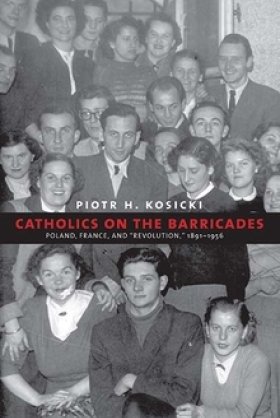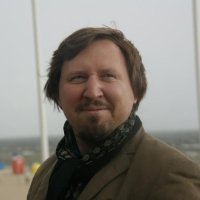Catholics on the Barricades: Poland, France, and "Revolution," 1891-1956



In Poland in the 1940s and '50s, a new kind of Catholic intended to remake European social and political life—not with guns, but French philosophy.
This collective intellectual biography examines generations of deeply religious thinkers whose faith drove them into public life, including Karol Wojtyla, future Pope John Paul II, and Tadeusz Mazowiecki, the future prime minister who would dismantle Poland’s Communist regime.
Seeking to change the way we understand the Catholic Church, World War II, the Cold War, and communism, this study centers on the idea of "revolution." It examines two crucial countries, France and Poland, while challenging conventional wisdom among historians and introducing innovations in periodization, geography, and methodology. Why has much of Eastern Europe gone back down the road of exclusionary nationalism and religious prejudice since the end of the Cold War? Piotr H. Kosicki helps to understand the crises of contemporary Europe by examining the intellectual world of Roman Catholicism in Poland and France between the Church's declaration of war on socialism in 1891 and the demise of Stalinism in 1956.
Author

Associate Professor, Department of History, University of Maryland, College Park

Global Europe Program
The Global Europe Program is focused on Europe’s capabilities, and how it engages on critical global issues. We investigate European approaches to critical global issues. We examine Europe’s relations with Russia and Eurasia, China and the Indo-Pacific, the Middle East and Africa. Our initiatives include “Ukraine in Europe”—an examination of what it will take to make Ukraine’s European future a reality. But we also examine the role of NATO, the European Union and the OSCE, Europe’s energy security, transatlantic trade disputes, and challenges to democracy. The Global Europe Program’s staff, scholars-in-residence, and Global Fellows participate in seminars, policy study groups, and international conferences to provide analytical recommendations to policy makers and the media. Read more




